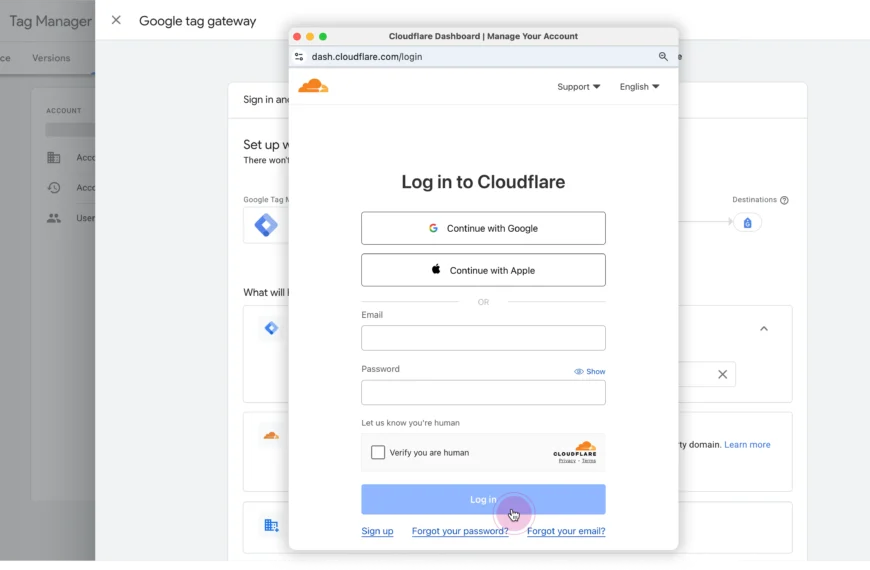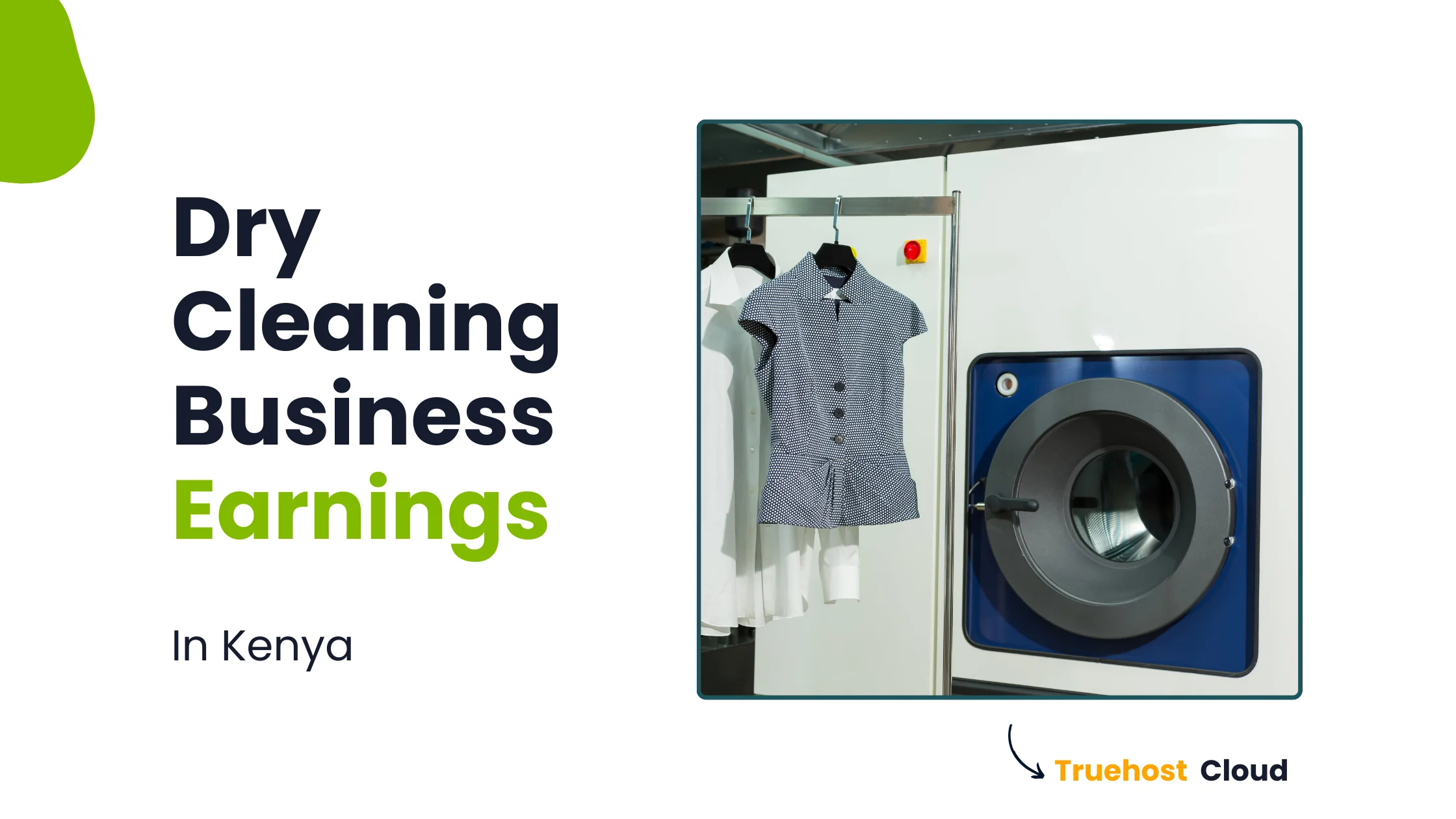Welcome to Nairobi, the heart of Kenya’s fashion industry. In this post, we’ll share how to market a clothing store in Nairobi.
The city’s fashion scene is vibrant, with a unique blend of traditional and contemporary designs. It offers a rich tapestry of fabrics, patterns, and colors.
In Nairobi’s competitive retail landscape, marketing a clothing store is more than selling apparel. It’s about telling a story, creating an experience, and connecting with the community.
Effective marketing can transform a clothing store into a fashion destination, drawing in customers and turning them into brand ambassadors.
Let’s guide you in attracting new customers, increasing sales, and building a solid brand for your clothing store in Nairobi.
Does a clothing store make a profit in Nairobi?
Yes, clothing stores can make a profit in Nairobi. The city has a growing population with increasing disposable income, leading to increased fashion spending.
There is also a strong demand for both local and international brands. The textile and apparel industry contributed 1.5% to Kenya’s GDP in 2019.
The clothing industry in Nairobi will grow at a rate of 5.2% per year over the next five years. Many factors contribute to the profitability of clothing stores in the city.
These include:
- A large and growing population: Nairobi has a population of over 3.5 million and will grow to over 5 million by 2030. This provides a large market for clothing retailers.
- A rising disposable income: Kenyans spend more on fashion as their income rises. The average household spent Ksh1,000 per month on clothing in 2019 expected to increase to Ksh1,200 by 2025.
- A strong demand for local and international brands: Both local and international brands are popular in Nairobi. Local brands are affordable and unique, while global brands are high quality and prestigious.
Of course, there are also some challenges that clothing stores in Nairobi face. These include:
- Competition: The clothing retail market in Nairobi is very competitive. There are a large number of both local and international brands operating in the city.
- Rising costs: The costs of doing business in Nairobi are rising. This includes the cost of rent, labor, and utilities.
- Changing consumer trends: Consumer trends constantly evolve, making it difficult for clothing retailers to keep up.
Despite challenges, there are opportunities for success in operating a clothing store in Nairobi.
Here is how to market a clothing store:
a. Understanding the Nairobi Market:
By understanding these aspects of the Nairobi market, you can tailor your business strategy to give your clothing store a competitive edge.
- Demographics and consumer behavior in Nairobi:
As Kenya’s capital city, Nairobi has a diverse and dynamic population. The city’s demographics include a mix of different ethnic groups, expatriates, and a growing middle class.
Consumer behavior in Nairobi is influenced by global trends, social media, and local culture, with a high value placed on brand recognition and quality.
- Popular clothing styles and trends in the city:
Fashion in Nairobi is vibrant and eclectic, reflecting the city’s diverse culture. Popular clothing styles range from modern Western wear to traditional African attire.
Trends often include bold prints, bright colors, and statement accessories. Nairobi’s youth are particularly fashion-forward, frequently incorporating international trends while adding a local twist.
- Analysis of the competition and market gaps:
The Nairobi clothing market is competitive, with numerous local and international brands vying for consumers’ attention.
Conducting thorough research on existing offerings, price points, and consumer preferences is essential to identify market gaps.
Look for underserved niches or areas where demand exceeds supply, such as plus-size fashion or eco-friendly clothing lines.
b. Identifying your target audience:
Identifying your target audience is a critical step in marketing a clothing store in Nairobi. Here’s how you can approach it:
- Defining your niche in the Nairobi clothing market:
To determine your niche, consider the unique aspects of your clothing line that set it apart from competitors.
Nairobi’s fashion scene is diverse, with designers like Mohamed Awale focusing on upcycled materials and Kepha Maina drawing inspiration from architecture and self-identity.
Determine what unique value your store offers, whether it’s eco-friendly practices, exclusive designs, or catering to a specific demographic.
- Analyzing consumer needs and preferences:
Understanding consumer preferences in Nairobi requires research into local trends and behaviors.
Consumers in Nairobi have preferred products that offer nutritional and health benefits, indicating a market that values quality and well-being.
Businesses like Walaco Africa also analyze customer preferences to help clients tailor their product features and pricing.
c. Marketing strategies for clothing stores:
Marketing a clothing store requires a multifaceted approach combining online and offline strategies. Here’s a detailed breakdown of the plan:
- Branding and identity:
Develop a distinctive style for your store. It could be a specific theme, a curated selection of clothing, or a focus on sustainability.
Your logo and store design should be eye-catching and reflective of your brand’s values. They are the first impression customers have of your business.
- Online presence:
Make your website easy to navigate, visually appealing, and mobile-responsive. Provide a seamless shopping experience with clear product categories, detailed descriptions, and high-quality images.
Use platforms like Instagram, Facebook, and Twitter to showcase your products, share fashion tips, and engage with your audience.
Regular posts and interactive content can help build a community around your brand. Participate in local online marketplaces to reach a wider audience.
Engage in fashion forums to discuss trends and promote your store.
- Offline marketing:
Choose a location that is accessible and visible to your target demographic. The store should be inviting and reflect your brand’s aesthetic.
Organize events to generate buzz and attract customers. Pop-up shops can be a great way to test new markets and create a sense of urgency.
Partner with influencers who align with your brand to reach their followers. Influencers can model your clothing and share their experiences with their audience.
- Advertising and promotions
Create advertising campaigns that tell a story and connect with your audience emotionally. Use high-quality visuals and compelling copy to highlight your products.
Attract customers with limited-time offers, seasonal sales, or loyalty discounts. Ensure that promotions are well-advertised and easy for customers to redeem.
Participate in local events to raise brand awareness. Sponsorships can also help position your store as a community-oriented business.
d. Offer exceptional customer service:
Exceptional customer service is essential for building customer loyalty and positive word-of-mouth.
In the competitive clothing market in Nairobi, providing excellent customer service can set your store apart and attract repeat customers.
Here are some critical steps:
- Hire and train friendly and helpful staff:
Hire friendly, helpful, and fashion-enthusiastic staff. Train the team on product knowledge, customer service, and handling complaints.
- Greet customers warmly:
Make a warm first impression by greeting every customer with a smile and welcoming them.
- Actively assist customers:
Be attentive to customers’ needs. Offer assistance without being overbearing. Ask about their preferences and help them find the right clothing items.
Provide personalized recommendations.
- Handle customer concerns and complaints proactively:
Mistakes are inevitable, but how you handle them can make a big difference. Address customer concerns and complaints promptly and professionally.
Listen attentively to their issues, apologize sincerely, and work towards a resolution that satisfies the customer.
- Implement a hassle-free return and exchange policy:
A hassle-free return and exchange policy demonstrates your commitment to customer satisfaction.
Make the process simple and convenient. Clear communication and a customer-centric approach foster positive customer relationships.
- Go the extra mile to exceed expectations:
Go beyond expectations to create memorable experiences with small gestures, such as complimentary gift wrapping or personalized style advice.
Long story short: how to market a clothing store
In the dynamic and competitive clothing retail market in Nairobi, a well-crafted marketing strategy is essential for the success of any clothing store.
It takes time to get results when you market a clothing store. Nairobi’s clothing market is vibrant and full of growth opportunities.
With a growing middle class and an increasing interest in fashion, clothing stores have significant potential to thrive.
With the right approach, your clothing store can succeed in Nairobi’s dynamic clothing market. Adaptable marketing strategies and deeply understanding of your customers’ needs and preferences are key.
Good luck!
Read also:
 Domain SearchInstantly check and register your preferred domain name
Domain SearchInstantly check and register your preferred domain name Web Hosting
Web Hosting cPanel HostingHosting powered by cPanel (Most user friendly)
cPanel HostingHosting powered by cPanel (Most user friendly) KE Domains
KE Domains Reseller HostingStart your own hosting business without tech hustles
Reseller HostingStart your own hosting business without tech hustles Windows HostingOptimized for Windows-based applications and sites.
Windows HostingOptimized for Windows-based applications and sites. Free Domain
Free Domain Affiliate ProgramEarn commissions by referring customers to our platforms
Affiliate ProgramEarn commissions by referring customers to our platforms Free HostingTest our SSD Hosting for free, for life (1GB storage)
Free HostingTest our SSD Hosting for free, for life (1GB storage) Domain TransferMove your domain to us with zero downtime and full control
Domain TransferMove your domain to us with zero downtime and full control All DomainsBrowse and register domain extensions from around the world
All DomainsBrowse and register domain extensions from around the world .Com Domain
.Com Domain WhoisLook up domain ownership, expiry dates, and registrar information
WhoisLook up domain ownership, expiry dates, and registrar information VPS Hosting
VPS Hosting Managed VPSNon techy? Opt for fully managed VPS server
Managed VPSNon techy? Opt for fully managed VPS server Dedicated ServersEnjoy unmatched power and control with your own physical server.
Dedicated ServersEnjoy unmatched power and control with your own physical server. SupportOur support guides cover everything you need to know about our services
SupportOur support guides cover everything you need to know about our services








